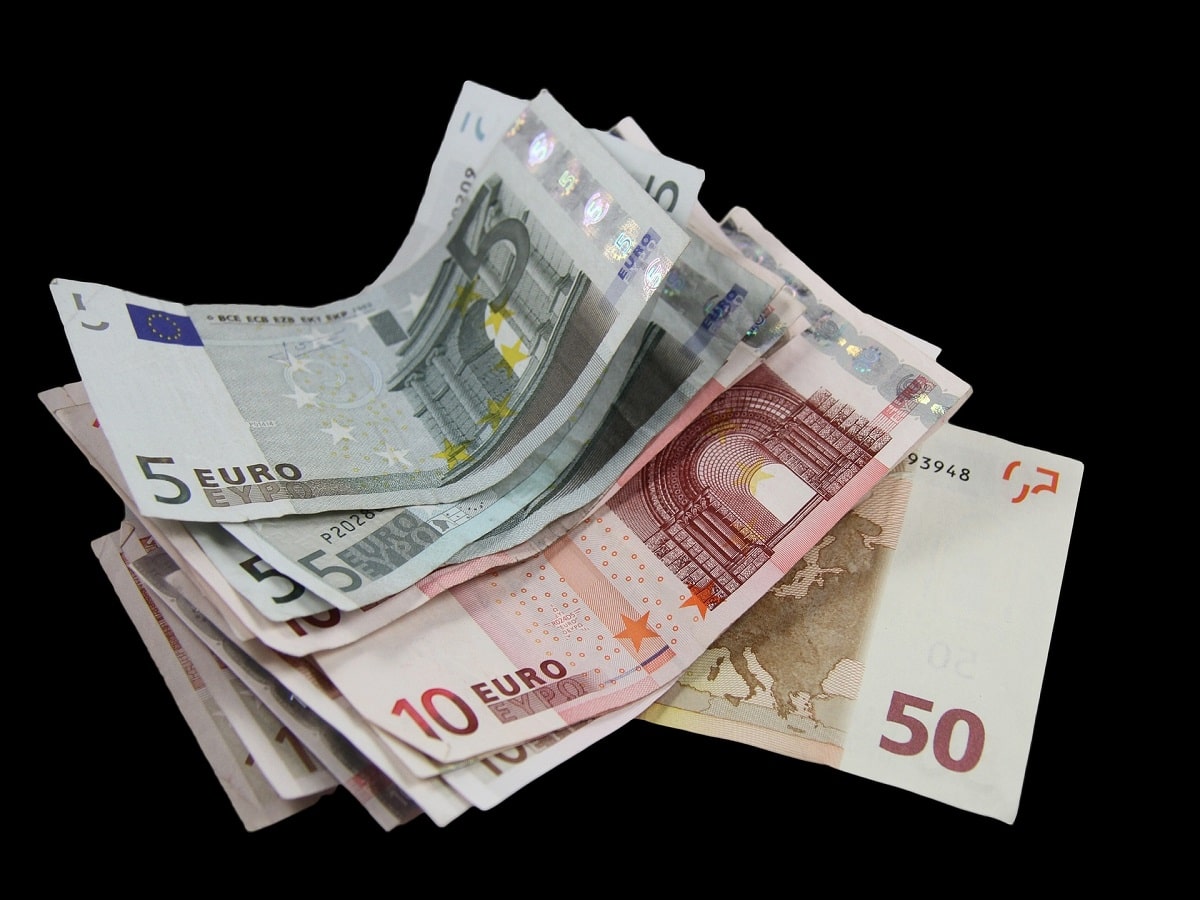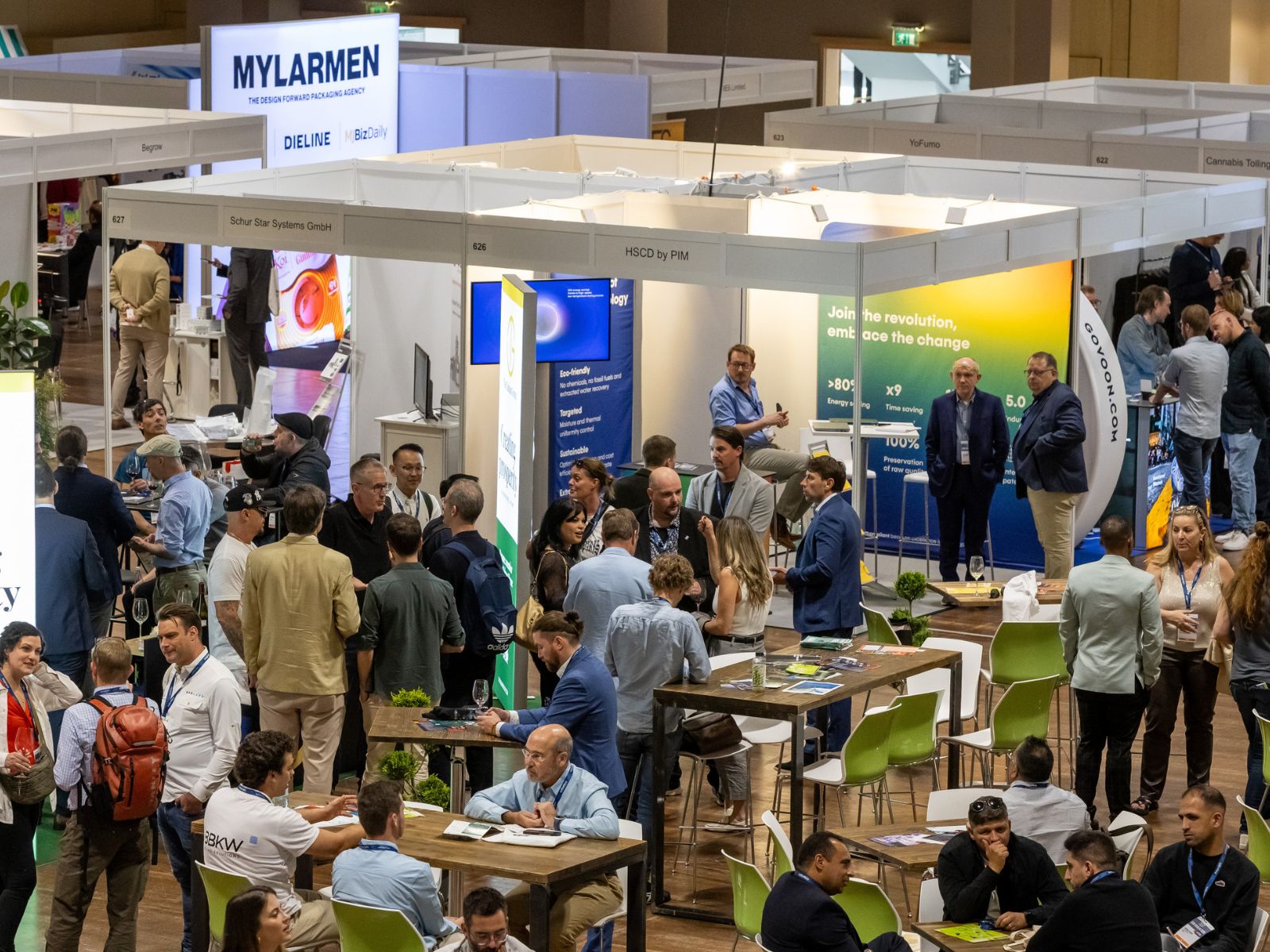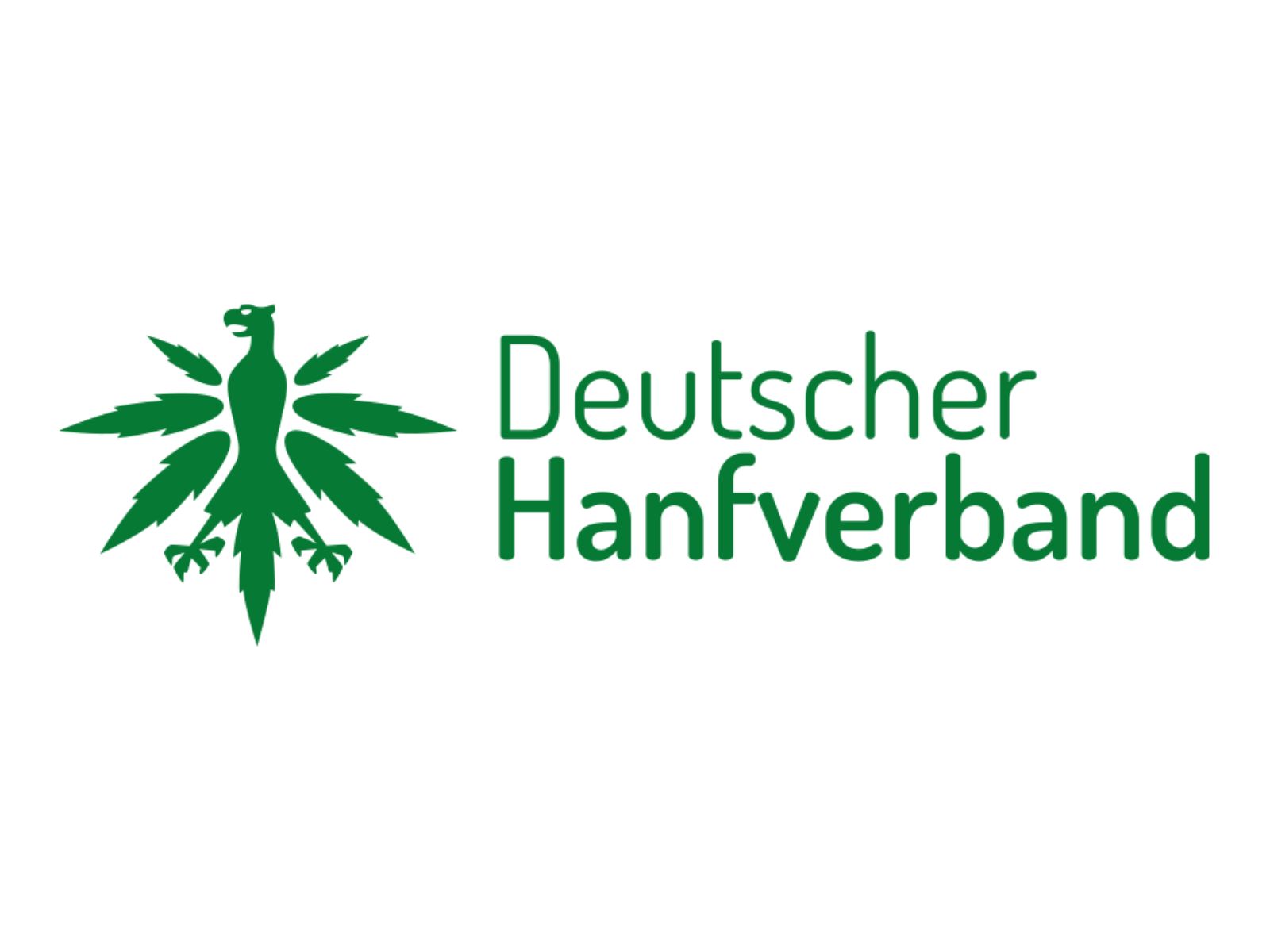
German Domestic Cannabis Cultivation Bid Coming to a Head

German Domestic Cannabis Cultivation Bid Coming to a Head
Wayland Corporation announced a major victory in Germany last week. The company received GMP certification for its Ebersbach facility near Dresden, in eastern Germany. The timing of the certification is certainly favorable, coming just two months before the German cultivation bid (round 2) is supposed to be announced and, just like last time, presumably have its day in court.
This time, however, with this kind of infrastructure in Germany now coming online with certification, it is unlikely that the bid will be delayed significantly again. With patient numbers on the rise and an import market that so far has created the most expensive medical cannabis in the world, there is now a pressing need for the German government to bite the bullet and proceedwith domestic cannabis cultivation licenses. All things related to the German medical cannabis program, including future domestic production, foreign imports, and insurance coverage will certainly be prominent topics at the upcoming International Cannabis Business Conference in Berlin this March 31st to April 2nd. The ICBC will also be providing an overview of the European market overall at its event in Barcelona on March 14th.
There is also likely to be a lot more movement over the question of flower vs. processed product on the regulatory side. Germany so far has led the way on insurance-covered patients who obtain flower via prescription and filled at local pharmacies.
The variety of countries beyond Canada and the Netherlands importing into Germany will also change this year, particularly with large production facilities in Portugal and Spain now also in line to import, plus of course the wave of product expected to hit from Israel and other countries now exploring the international European market.
Good News for Patients: Expect To See Drops In Price
Currently, cannabis flower is currently selling into the German marketplace at about 14 euros a gram according to the corporate reports of Canadian companies reporting on German operations. This means that both distributors and ultimately pharmacies, the end of the breakpoint for patients here, are looking actively for ways to preserve a price margin which is still breaking in their favor.
Why? If domestically-based companies like Wayland can produce for their estimate of about 1.34 euros a gram, this means that wholesale flower will drop in a way demanded by the bid itself (which penalizes companies for coming in with bids that are too expensive and uncompetitive with the market).
This also means that domestic production companies with good relationships with low-cost distributors and even pharmacies directly can finally begin to drop the cost of flower to start to be competitive with oil – especially of the imported kind.
Ultimately the winner of this news from Wayland is the entire German production market and beyond those patients and those picking up the bill for a rapidly expanding medical market still rife with both supply side and access problems.
Share article
Ticket Prices increase €200
On March 18th

Ticket Prices increase €200
On March 18th

Ticket Prices increase €200
On March 18th
Share article
Join Our Awesome Community
Join Our Awesome Community
Join Our Awesome
Community
Get all the latest industry news
delivered to your inbox





